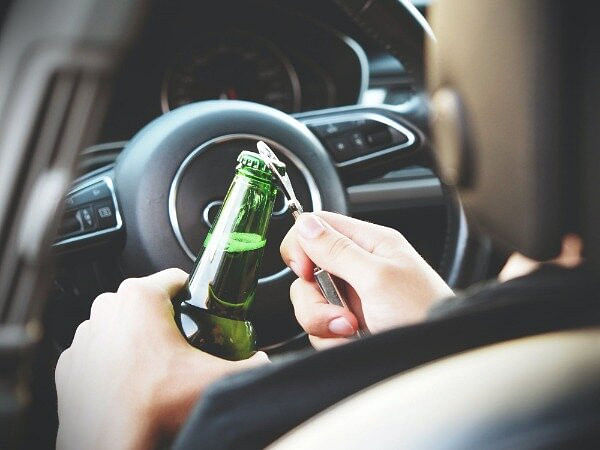Types of Sobriety Tests
In addition to the breathalyzer tests that can be given in the field, there are also physical tests that can be administered on the roadside when a driver is suspected of driving under the influence of alcohol or other substances. According to the National Highway Traffic Safety Administration (NHTSA), there are three approved field tests that law enforcement officers can use to test for sobriety. If you are pulled over under the suspicion of DWI, you may have to perform one of the following tests:
Horizontal gaze nystagmus - this test is based on the theory that people who are under the influence are more likely to show an involuntary jerking in their eyes. The officer will typically ask you to follow their finger as they move it in front of your face.

Standing on one leg - the ability to follow instructions and coordination capacity are both measured through the use of this field test. There are many limitations to this test, and it is entirely possible for someone within the legal consumption limits to fail.
Walk and turn - similar to the one-leg test, walking and turning can also reveal any issues with cognitive, coordination, and balance. Again, this test is quite unreliable and may not be a valid reflection of the subject's level of sobriety.
Many field tests are proven inaccurate, and it is important for you to know your rights! If you have been pulled over and required to take a sobriety test, it's time to talk to a DWI lawyer. The team at Denuna Law has the expertise necessary to fight for you. Don't trust your future to just anyone, work with the DWI lawyer who knows the law and the science and will work tirelessly for you!
Experienced DWI
Defense Lawyer
If you have a case and want an attorney who will instill fear in the prosecution and DA, call or message Chris today!


